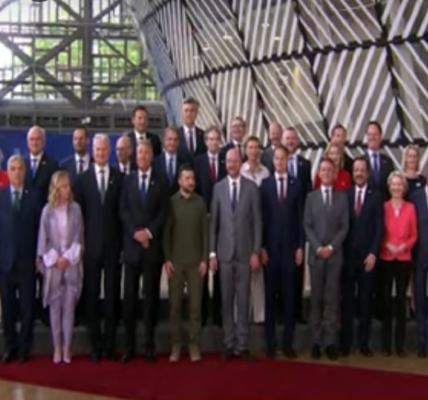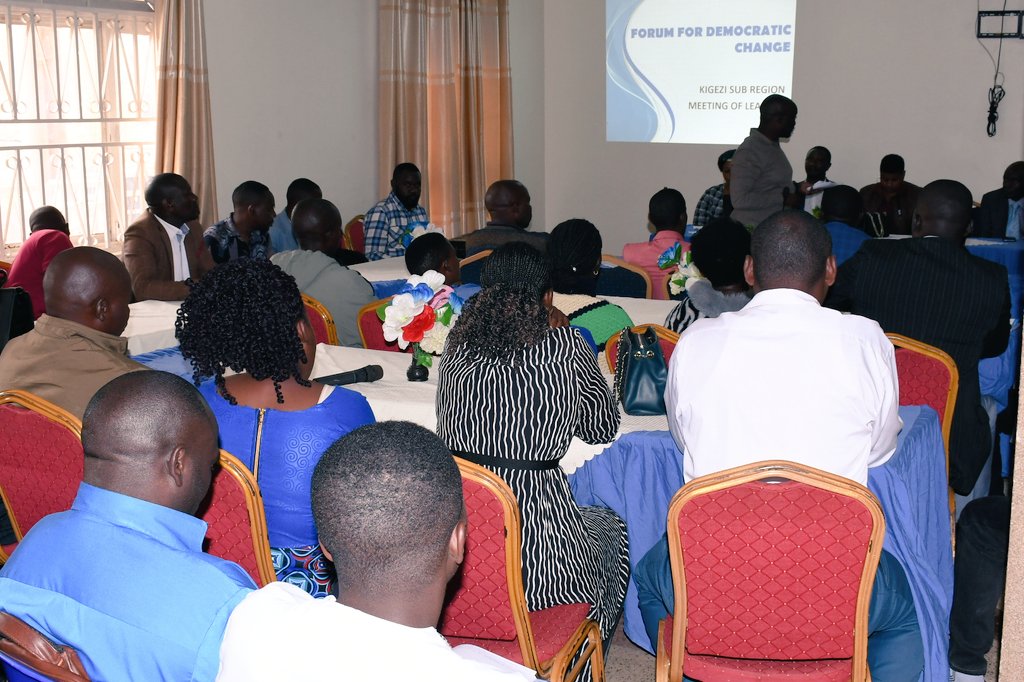While the world’s focus remains locked on the war in Gaza, an equally alarming situation is unfolding in the West Bank, where Israeli military operations and settler violence are reaching unprecedented levels. The West Bank, already an occupied and contested region, is now rapidly becoming a new front in the broader Israeli-Palestinian conflict. Humanitarian groups and international bodies are warning of a disaster that could engulf the territory.
Rising Tensions and Destruction
The West Bank is witnessing a surge in military activity that has left entire communities devastated. Israeli forces have intensified their operations across the territory, leading to widespread destruction of homes, infrastructure, and agricultural land. Settler violence has also skyrocketed, with attacks on Palestinian civilians becoming more frequent and brutal. The United Nations and European Union have both sounded the alarm, cautioning that the West Bank may soon mirror the devastation seen in Gaza if immediate action isn’t taken.
For many Palestinians in the West Bank, life has become a daily struggle for survival. Jenin, a historic flashpoint in the conflict, has been one of the hardest-hit areas. Israeli incursions into the Jenin refugee camp, a long-standing symbol of Palestinian resistance, have left homes bulldozed, roads destroyed, and livelihoods shattered. Bulldozers, armored vehicles, and heavily armed soldiers are now common sights in the region, as Israel claims it is conducting operations to neutralize security threats.
Human Cost of the Conflict
The toll on civilians has been devastating. “They’ve destroyed everything we have,” said one resident of Jenin, whose home was leveled during the latest Israeli raid. Ancient trees—symbols of the land’s deep roots and history—have been uprooted, leaving entire agricultural fields in ruins. The people of the West Bank, many of whom are descendants of families displaced during the creation of Israel in 1948, now face yet another round of displacement, forced from their homes by military operations and settler aggression.
Despite Israeli claims that these operations are necessary to counter Palestinian militant activities, the international community has raised concerns about the disproportionality of the force used and the growing civilian death toll. 662 Palestinians have been killed in the West Bank since October 7th, while 23 Israelis have died in Palestinian attacks in the same period.
A Region on the Brink
The scale of the violence in the West Bank is unprecedented. Settler violence has surged to new levels, with Palestinian homes and properties routinely attacked, and Israeli settlements expanding unchecked. The European Union reports that 2023 has seen the highest number of settlement-building permits issued in decades. These settlements, illegal under international law, are deepening tensions and contributing to the ever-growing humanitarian crisis.
Israel’s actions in the West Bank have drawn sharp criticism from international observers, who see the region spiraling towards a catastrophe. The prospect of the West Bank becoming a mirror of the war-torn Gaza Strip is real and immediate, with civilians trapped in the crossfire of intensifying violence.
Diplomatic Deadlock and Settler Expansion
Israeli settlers, emboldened by the government’s support, are pushing deeper into the West Bank, expanding their foothold in territories long seen as the heart of a future Palestinian state. Israeli officials justify the military operations and settlement expansion as necessary to maintain security, but critics argue that these actions are part of a broader strategy to solidify Israeli control over the West Bank and render the idea of a two-state solution impossible.
Palestinian resistance has intensified as well, with militants mounting attacks on Israeli targets, including a deadly strike at a border crossing between the West Bank and Jordan that left three Israeli guards dead. However, the asymmetry of power between Israeli forces and Palestinian militants is stark, with Israel’s military capability far outweighing that of the Palestinian factions operating in the West Bank.
A Humanitarian Crisis Unfolds
The West Bank is now facing a full-blown humanitarian crisis. Water and electricity are in short supply, homes are being destroyed, and access to basic services is becoming increasingly limited. The United Nations Relief and Works Agency (UNRWA) has described the situation as dire, with thousands of families displaced and in need of urgent assistance. Yet, with the international community focused on the Gaza conflict, the crisis in the West Bank is unfolding largely out of the spotlight.
The Future of the West Bank
The future of the West Bank hangs in the balance. Israeli forces continue to expand their operations, while settler violence worsens by the day. The region, long seen as a potential foundation for a future Palestinian state, is now becoming a battleground where hopes for peace are fading.
Without urgent intervention, the West Bank risks becoming another Gaza—a territory ravaged by war, where the human toll continues to mount, and the possibility of peace seems further out of reach than ever before. As the world watches Gaza, the West Bank quietly edges closer to the point of no return.






